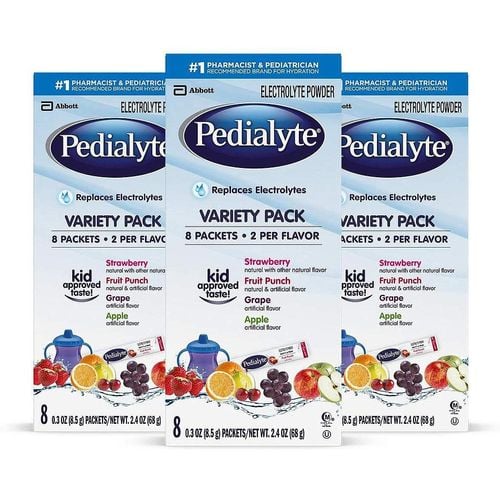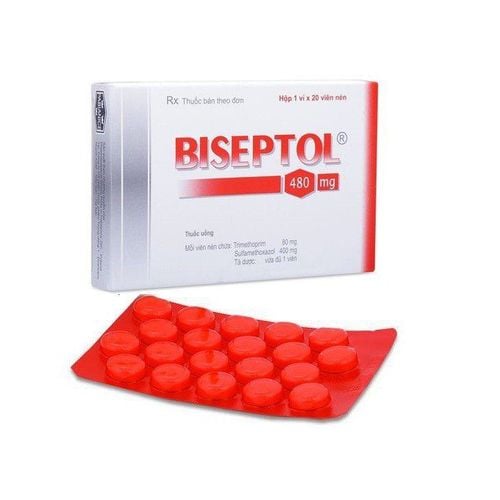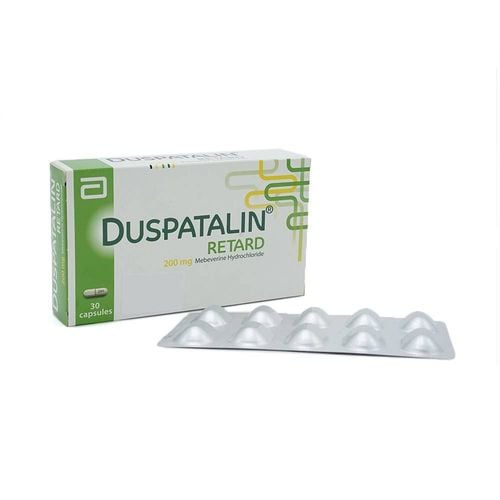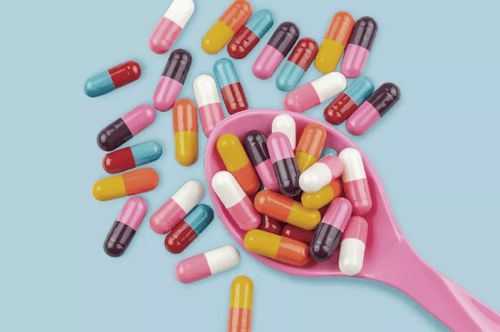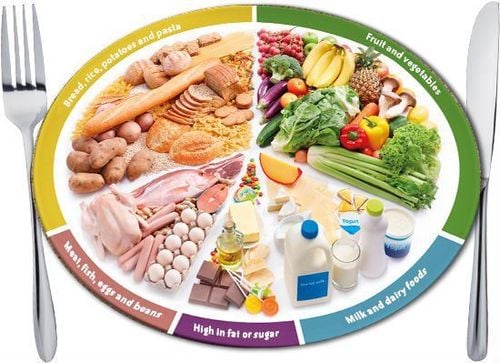Article written by Master - Doctor Mai Viễn Phương - Department of Internal Medicine - Vinmec Central Park International General Hospital.
Your stool can have different consistencies depending on your diet, health, and even the medications you take. Sometimes, you may notice that some of your stool sticks to the toilet bowl after you flush. Sticky stool can be a symptom of temporary or chronic digestive disorders or the result of a diet high in fat. Sticky stool can be greasy and pale or dark and tarry.
1. Causes of Sticky Stool
The quality of your stool is often the result of how your body reacts to the foods you eat. For example, a diet high in fat can lead to stickier stool than usual. This is because excess fat - beyond what your body can normally absorb - can end up in your stool, making it thicker and stickier.
Sticky stool can be a temporary side effect of too much fat in your diet, but it can also indicate a condition like Crohn's disease, which makes it difficult for your body to absorb fat from your diet.
Crohn's disease is one of several conditions known as inflammatory bowel disease (IBD). Other disorders in this group include ulcerative colitis and microscopic colitis. All of these conditions can cause sticky stool.
Your stool can also be sticky if you have a stomach ulcer or an irritated esophagus. When you have these conditions, you may experience internal bleeding. Blood can mix with digestive fluids and make your stool black and sticky.
Other medical conditions can also cause sticky stool after you eat certain foods. For example, if you have celiac disease, you cannot properly digest gluten, a protein found in wheat and some other grains. Therefore, eating gluten can lead to sticky stool and other symptoms for people with celiac disease.
Sometimes, lactose intolerance can also cause sticky stool. People with lactose intolerance lack the enzyme lactase. This enzyme is necessary to digest lactose, a type of sugar found in dairy products.
2. Treatment of Sticky Stool
You can easily treat sticky stool at home. Here are some simple lifestyle changes, over-the-counter (OTC) medications, and supplements you should try:
Drink enough water and exercise
One of the best things you can do for sticky stool is to increase your water intake. Healthy digestion with healthy stool depends on you staying hydrated.
Most people should drink two to three liters of water each day. However, the amount of water needed varies by individual. If you have kidney, heart, or liver problems or other reasons to drink less water, talk to your doctor about a safe and adequate amount for you.
Daily exercise also helps keep your digestive system healthy. Even a half-hour walk can improve your overall health.
Supplements
Some supplements can also help normalize your stool. Probiotics are good bacteria that promote a healthy gut. You can find probiotics in foods like yogurt and kefir.
You can also try digestive enzyme supplements. These enzymes are designed to help your body break down carbohydrates, fats, and proteins for better digestion and help normalize your stool.
Consult your doctor before trying probiotics or enzymes, especially if you have digestive disorders like IBD.
Traditional medications
If your stool is sticky and you also have diarrhea, you can try Pepto-Bismol or Kaopectate. These OTC medications are usually well-tolerated for diarrhea.
However, if you notice blood or mucus in your stool, do not use anti-diarrheal medications without consulting your doctor first. You should also avoid using laxatives if you have sticky stool. Drinking plenty of water can help improve sticky stool.
3. Foods to Eat and Avoid for Sticky Stool
One of the most effective ways to treat sticky stool is to choose foods that are suitable for your digestive system. Generally, eating a variety of fresh fruits and vegetables is a good way to improve digestion. These foods contain soluble fiber, which is important for bowel function. They also contain a range of nutrients for optimal overall health.
Some of the best foods to help normalize your stool include:
Asparagus
Broccoli
Carrots
Baked potatoes
Sweet potatoes
Green beans
Mangoes
Apricots
Bananas
Oranges
Oatmeal
Garbanzo beans
Since most causes of sticky stool are related to the foods you consume, the best treatment is to avoid foods that cause problems for you.
For example, people with celiac disease usually have no other digestive issues. If these people avoid foods containing gluten, they will not have any symptoms, including sticky stool.
Foods containing gluten include:
Wheat
Barley
Rye
Malt, including malt extract, malt vinegar, etc.
If lactose intolerance is your issue, avoid cow's milk and dairy products, such as:
Cheese
Ice cream
Butter
Cream sauces and soups
You should also reduce high-fat foods, such as:
French fries
Cookies
Red meat
Pizza
If you have sticky stool, you need to avoid high-fat foods like French fries, pizza, etc.
4. When Should You See a Doctor?
Sticky stool can occur in one bowel movement and the next day, your stool may return to normal. If the cause of sticky stool is a high-fat diet, wait a day to see if there is any change. If there is no change, continue to monitor and pay attention to any other symptoms that may indicate a more serious cause.
In the absence of emergency symptoms, such as severe abdominal pain or blood in the stool, try adjusting your diet. If a low-fat, low-protein, high-soluble fiber diet does not improve your stool quality, see a doctor.
To arrange an appointment, please call HOTLINE or make your reservation directly HERE. You may also download the MyVinmec app to schedule appointments faster and manage your reservations more conveniently.





